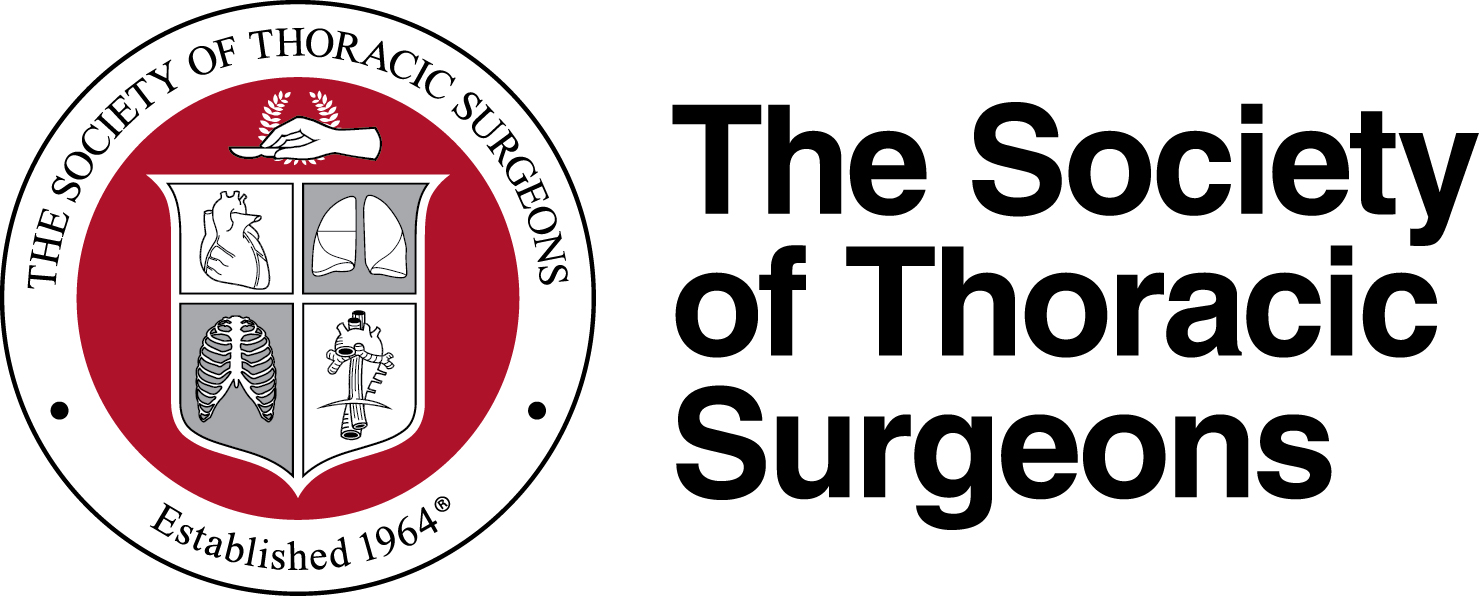Newswise — Chicago – A more aggressive approach to treating degenerative mitral valve disease, using earlier surgical intervention and less invasive techniques, is more beneficial to the patient than “watchful waiting,” according to an article in the June 2015 issue of The Annals of Thoracic Surgery.
Degenerative mitral valve disease is irreversible. It eventually leads to regurgitation (blood leaking backwards through the valve) and heart failure. While surgical treatment of the disease has evolved, there is still debate about the value of watchful waiting versus early surgical repair for patients without symptoms.
Farhang Yazdchi, MD, MS, and colleagues, from the Cleveland Clinic in Ohio, assessed trends in patient characteristics, timing of intervention, and surgical techniques for mitral valve regurgitation by reviewing the records of 5,902 patients over a 25-year period (January 1, 1985 to January 1, 2011).
They found that improved technology and earlier intervention have led to more patients benefitting from less invasive surgical repair before suffering from disease symptoms, such as atrial fibrillation (irregular, often rapid heart rate) or heart failure.
“Surgery is almost unavoidable in patients with severe degenerative mitral valve regurgitation. Our study has shown that the key to successful treatment is a timely referral for surgical intervention at an advanced repair center with highly skilled heart teams,” said Dr. Yazdchi.
The researchers found that patients who were treated in the latter years of the study (2005-2011) were released from the hospital about 2 days sooner than those treated in the earliest years of the study (1985-1997). Two main reasons for the shortened stay were fewer full sternotomies (large chest incisions)—25% in the latter years vs. 93% in the earliest years—and more patients were asymptomatic—44% in the latter years vs. 25% in the earliest years.
“Successful mitral valve repair at the Cleveland Clinic has reached a level of almost 100%, while mortality rates have remained extremely low and hospital length of stay shortened,” said Dr. Yazdchi. “Patients who are diagnosed with severe mitral valve regurgitation should seek surgical consultation sooner rather than later, even if they are not having any symptoms.
###
Link to article on The Annals website: http://www.annalsthoracicsurgery.org/article/S0003-4975(15)00216-7/abstract
Founded in 1964, The Society of Thoracic Surgeons is a not-for-profit organization representing more than 7,000 cardiothoracic surgeons, researchers, and allied health care professionals worldwide who are dedicated to ensuring the best possible outcomes for surgeries of the heart, lung, and esophagus, as well as other surgical procedures within the chest. The Society’s mission is to enhance the ability of cardiothoracic surgeons to provide the highest quality patient care through education, research, and advocacy.
The Annals of Thoracic Surgery is the official journal of STS and the Southern Thoracic Surgical Association.
